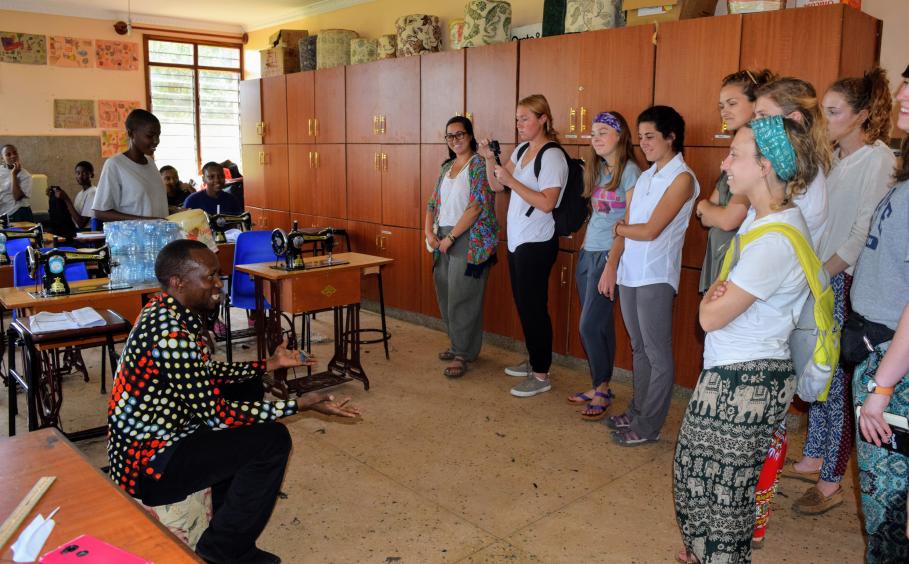-
About
ExploreUp a level (this gets replaced in JS)
-
Getting Started
Explore
-
Commitment to Diversity
Explore
-
Expertise
Explore
-
Strategic Plan
Explore
- Discover BBH
- Visit and Apply
- Contact
- Donate
-
Getting Started
-
Undergraduate
ExploreUp a level (this gets replaced in JS)
-
Getting Started
Explore
-
Student Support
Explore
-
Get Involved
Explore
-
Get Connected
Explore
-
Gain Experience
Explore
-
Diversity and Inclusion
Explore
-
Alumni Engagement
Explore
- Discover BBH
- News and Events
- Visit and Apply
- Contact
-
Getting Started
-
Graduate
ExploreUp a level (this gets replaced in JS)
-
Getting Started
Explore
-
Next Steps
Explore
-
Get Involved
Explore
-
Gain Experience
Explore
-
Diversity and Inclusion
Explore
-
Alumni Engagement
Explore
-
Visit and Apply
Explore
- Discover BBH
- News and Events
- Graduate Admissions
- Contact
-
Getting Started
-
Research
ExploreUp a level (this gets replaced in JS)
-
Ongoing Research
Explore
-
Resources
Explore
-
Get Started
Explore
-
BBH Affiliates
Explore
- Discover BBH
- News and Events
- HHD Research
- Contact
-
Ongoing Research
-
Alumni
Explore
-
Outreach
Explore
-
Contact
ExploreUp a level (this gets replaced in JS)
-
BBH Contacts
Explore
-
College Contacts
Explore
- Discover BBH
- News and Events
- Visit and Apply
-
BBH Contacts
-
Departments
Explore
-
Research Centers
Explore
-
Central Administration
Explore
-
Training and Support
Explore
- Contacts/Directory
Goals of the Minor

The Global Health (GLBHL) minor is designed to provide undergraduate students with an interdisciplinary exposure to the theoretical, scientific and practical issues affecting the health of people in various countries and regions of the world. Emphasis is placed on encouraging students to think critically and reflectively about the multiple factors or determinants that influence individual and population health, as well as specific policy and practice strategies for addressing a range of contemporary global health problems.
Upon completion of the GLBHL minor, students will:
- Have a greater critical understanding of the complexity of contemporary global health issues;
- Be able to critique the theoretical frameworks used to inform global health policies and programs in a variety of settings;
- Display enhanced personal and professional skills in inter-cultural communication and competence; and
- Be better prepared for occupations that demand interdisciplinary and global thinking skills and perspectives.
The GLBHL minor supports the goals of those who are planning health and health-related careers in research, teaching, or health services, in any of a variety of settings, including universities, government agencies, international organizations, non-governmental organizations or private industry. The minor also provides valuable training for those who plan advanced specialist health training – for instance, in medicine, nursing, pharmacy, allied health (e.g. physical therapy, occupational therapy), public health, and so on. Completion of the GLBHL minor will strengthen students’ capacity to participate across national and cultural borders, and thus greatly enhance their competitiveness when applying for post-baccalaureate training and careers that focus on global issues.
